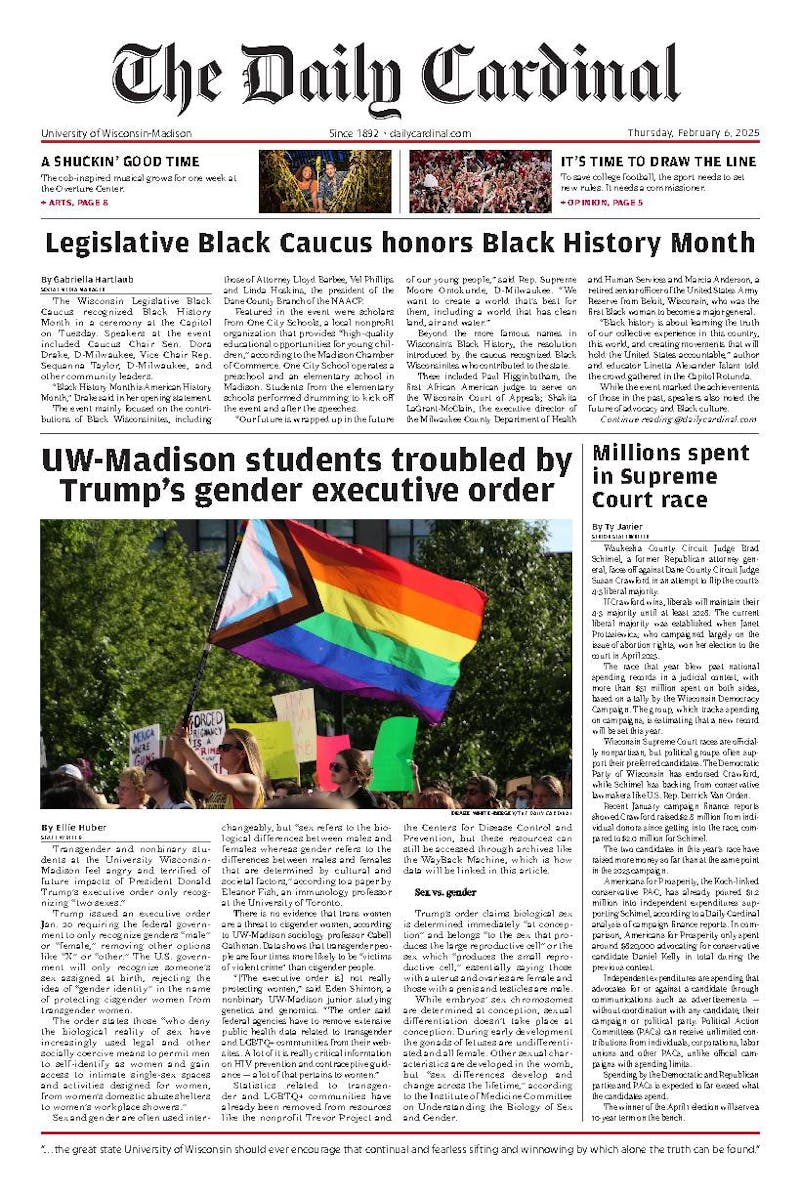One of the biggest challenges humanity faces in the 21st century is the protection of the environment. With the human population reaching 7 billion people this year, increased consumption of raw materials land and the onset of global warming, ignoring environmental problems is no longer an option. People across the globe need to change the way they live and make huge investments in ""green"" infrastructure for the future.
Energy is and will continue to be an area of contention in the development of a sustainable future. The energy market needs to make a switch from carbon-based energy sources likes coal and natural gas to other alternative energies that don't produce green house gases. And these sources are finite and may be tapped dry within the next century, after which point no natural gas will be available for millennia.
A choice must be made about what alternative to use, and right now there are few to choose from. For commercial energy production, the top two contenders are the combination of renewable solar, wind and nuclear power. These are carbon-free fuel sources that don't produce green house gases and act as viable solutions to our growing energy needs. However, due to nuclear power's many negative qualities, it is not worth any future investments, especially with the existence of alternative sources like solar and wind energy.
In response to last week's column ""Nuclear energy is worth the investment"" by Heather Heggemeier, choosing nuclear power as a clean alternative to fossil fuels is a misconception. It produces industrial waste just like other non-renewable energy sources like coal-burning plants. The waste is highly radioactive and can remain that way for 10,000 years. It is particularly difficult to deal with because the waste requires very specific conditions to safely be deposited. Most waste is currently kept at the nuclear power plant where it was produced, however, there are efforts to create centralized facilities to deal with the highly sensitive waste.
The safety and weakness of nuclear power is another area of concern. Since nuclear power was first used commercially in the late 1950s, the energy source has not proven to be quite as safe as it was projected to be. The incident at the Fukushima Daiichi nuclear plant in the wake of the earthquake this past March is just another addition to the list of dangerous accidents at nuclear plants —a list which already includes the Three Mile Island accident in 1979 and the infamous 1986 calamity at the Chernobyl nuclear plant in the Ukraine that occurred 25 years ago yesterday.
What happened at Chernobyl epitomizes the dangers of nuclear power. The accident released 400 times more radioactive material than the atomic blast over Hiroshima in 1945, contaminating land with fallout across most of Europe. In addition, a collaborative group of U.N. bodies called the United Nations Scientific Committee of the Effects of Atomic Radiation concluded that there will likely be about 4,000 cancer-related deaths due to radiation release from Chernobyl, with some estimates reaching 5,000 deaths.
Aside from the long-term environmental consequences and safety of nuclear power, the costs don't make for a worthwhile investment. In Heggemeier's article arguing that nuclear power is worthy of investment, even she concedes that the power source is so costly that despite supporting the future development of nuclear power, Obama's administration is unwilling to pay the price.
All this considered, the waste that remains for millennia, the real possibility of major disasters and the costs beg the question: Why bother wasting time with nuclear power when there are other options?
Well, we shouldn't bother with nuclear power, because there are other options that are cleaner, safer and completely renewable. It is true that advances in nuclear energy technology, including the possibility of nuclear fusion being used to produce commercial energy, is making nuclear energy safer and resulting in much less waste, but we're not at the precipice of an energy cornucopia.
Although solar and wind power technology has yet to reach its potential, they are fast approaching their environmental peak. In fact, it is clear that both solar and wind power are efficient enough that in many places around the world they are being actively pursued as new sources of energy. In Germany the debate is raging about the future of nuclear power, as Germany is a world leader in renewable energy technology, especially solar power. There are serious efforts to decommission the country's nuclear power sector in the coming decades.
Germany is a perfect example of a country that realizes what is needed to protect the imperiled environment. Energy must be produced by the cleanest sources, which means eliminating nuclear power. However, there is also an understanding that nuclear power is not going to disappear tomorrow and although the continued investments are not worthwhile it plays a role for the time being. The German Environment Minister Norbert Röttgen has described nuclear energy as a bridge energy: For the time being it will prevent the continued emission of greenhouse gases with the aim of transitioning to solar and wind power.
Michael Podgers is a freshman majoring in German and art history. Please send all feedback to opinion@dailycardinal.com.






